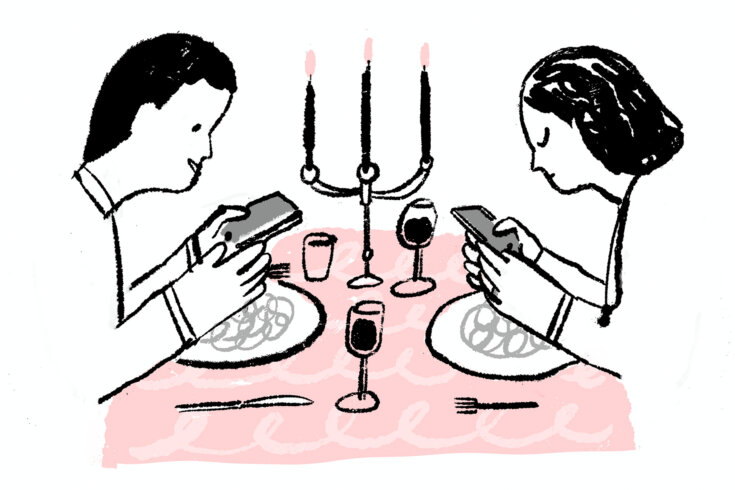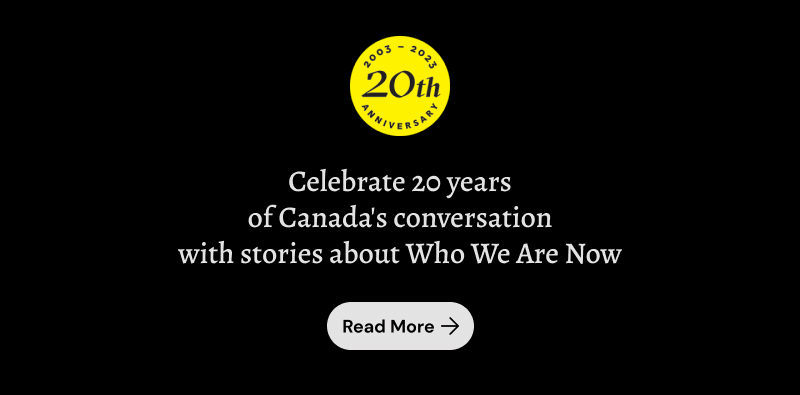I’ve been doing couples and family therapy for over twenty-five years. I like it more than individual counselling because you see the interplay and dynamic between people. My clients mainly fall into two buckets: couples with kids under five and couples whose youngest child has just left home.
The biggest change I’ve seen in relationships is the damn smartphone: texting, internet, instant communication. Smartphones have caused more upheaval than anything I’ve seen in my career. We’ve normalized them being intrusive and taking precedence when people are lying in bed, playing Wordle or scrolling through TikTok rather than talking to each other. And we’ve gotten used to communication being instantaneous when a healthy relationship requires you to slow down and listen to each other. But our lives don’t really allow for that; especially if you have young children, it’s often go, go, go.
When the COVID-19 pandemic started, I saw an immediate plummet in the demand for counselling as many people went into survival mode. A lot of people can go into emergency mode and do well with one another. But as time went on, people realized the pandemic was going to last much longer. What I saw was a pressure cooker. Many existing issues were in stasis as people hunkered down, and meanwhile, more things were being stuffed into the pot. This put more pressure on families. Two years into the pandemic, something shifted. That’s when I was getting inundated with people who were in crisis and on the brink of divorce.
In the next few years, I think, we’ll see the aftershock of the pandemic on couples. I think it’ll be coming in the next year or two, maybe three, especially for couples with younger kids who lost time in school, or people who lost their jobs or had to start new careers. Will the stress levels just keep going up with these couples until they break?
The lid of the pressure cooker is still too tight. Many of us have gotten used to new levels of stress, and it’s had an enormous impact on couples. In this pandemic era, couples have to reconsider the balance of power: Who’s working? Who’s the primary parent? And that’s coming with a lot of renegotiations. At the start of the pandemic, I saw people fall into old gender-role stereotypes without even talking about it—women giving up their careers to stay home with the kids even though they made more money than their husbands. Instead of saying we’re returning to normal, start asking, “What are we creating that’s going to work and be healthy for couples, families, and kids?”
If there’s a silver lining, it’s that the pandemic has shone a light on mental health awareness. Especially for younger generations, it seems to be much more normalized to go to therapy. And as these people grow up, they’ll likely have much healthier relationships because of it.
While there’s greater awareness of mental health issues, there’s still a lot of confusion about what it means to treat them. People will often say, “Just go see a therapist.” But that’s like saying, “Just go see a doctor.” Do you need knee surgery or do you have cancer? Do you need an expert in depression or in couples therapy? You need someone who is specialized. And when the house is already on fire, the only thing a therapist can do is get out the fire extinguisher.
I can’t do any deep transformative work when the fire is raging. We need preventative care. If people come in when something is starting to be an issue between them instead of when they’re at a breaking point, I’d love that. Because then, in two or three sessions, you can be good to go—see you later!
As told to Michelle Cyca.





